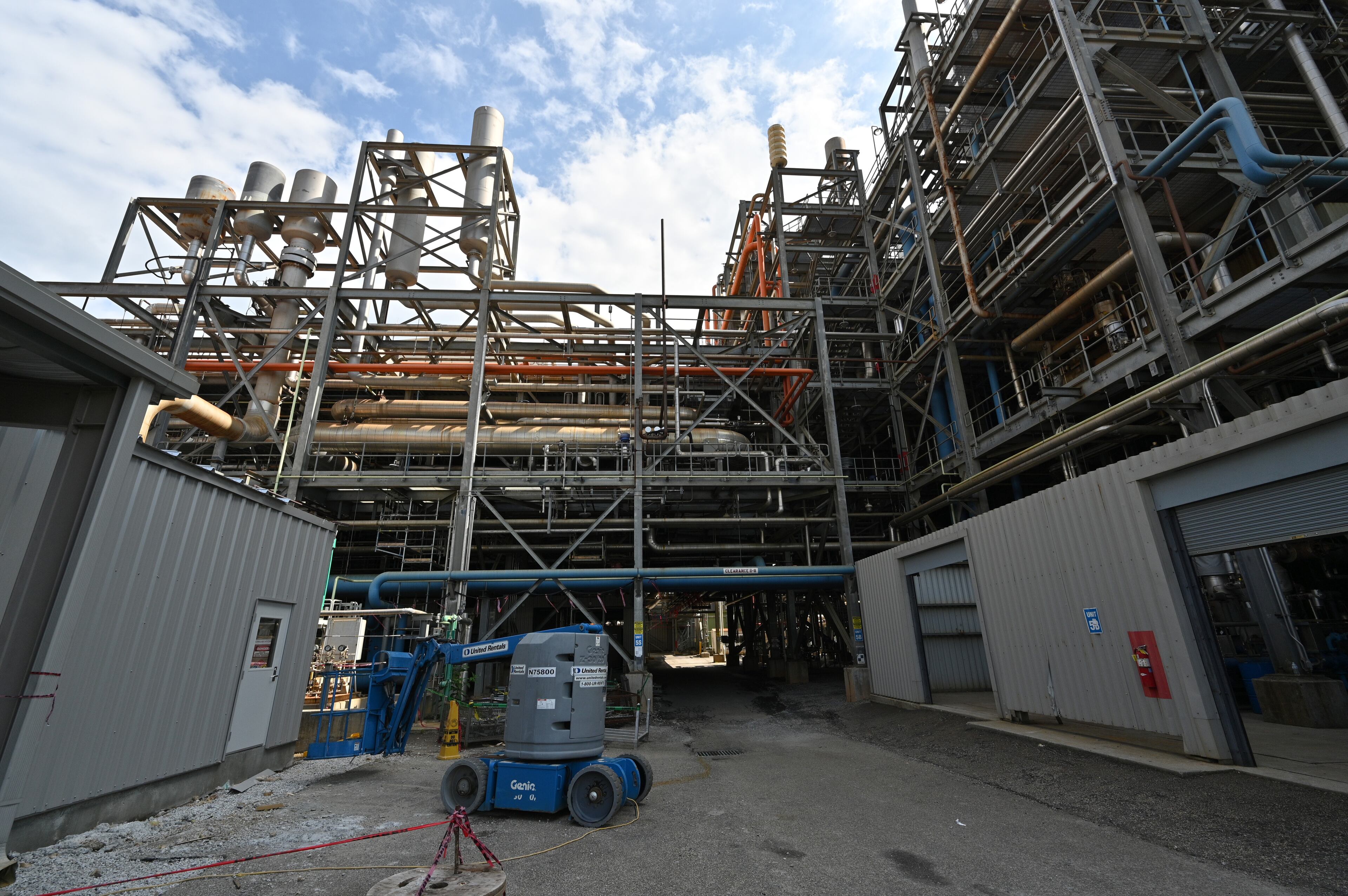MARTA: Federal aid needed to avoid drastic service cuts

MARTA and other transit agencies across the country are seeking billions of dollars in federal aid to avoid what they say could be dramatic reductions in service amid the coronavirus outbreak.
Transit officials say the number of passengers is plummeting nationwide as residents hunker down at home — meaning less revenue in fares. Sales tax receipts also are down sharply as economic activity grinds to a halt.
The transit agencies aren't the only ones sounding an alarm. A leading credit rating agency has issued a warning about the finances of several large transit services — including MARTA — because of coronavirus disruptions.
MARTA is one of dozens of transit agencies and advocates from across the country that sent a letter to congressional leaders last week seeking $25 billion in emergency funding to keep services afloat. It’s still caught up in the legislative process, but there’s reason to believe they’ll get it.
MORE: A map of coronavirus cases in Georgia
MORE: Real-time stats and the latest news on the coronavirus outbreak
Until then, though, it could mean tight times for the agencies.
Beginning Monday, MARTA will run its trains on a modified weekend schedule. It will cut its bus service by 30%.
But that might not be the end of service cuts.
One yardstick the agency cites: During the Great Recession of 2008-09, the agency cut more than half of its bus service and ran trains only every 30 minutes at certain times of the day. Currently, trains generally arrive every 10 minutes at rush hour and every 20 minutes at night.
“The urgent congressional request for financial assistance is an effort to stave off the need for such drastic service and staffing reductions,” the agency said in a statement about the aid request.
The decline in transit ridership in metro Atlanta has been swift amid the worsening pandemic.
The number of trips on the state’s Xpress commuter bus service fell by about 75% last week. Commuter bus services in Cobb and Gwinnett counties reported similar drops. And MARTA rail boardings were down 54% last Wednesday from an average February weekday.
Local bus services, which tend to serve customers more dependent on transit, reported smaller declines. But Xpress, Cobb and Gwinnett have scaled back commuter bus trips to reflect the declining number of passengers.
MARTA CEO Jeffrey Parker told The Atlanta Journal-Constitution last week that MARTA service cuts would come in part because of potential staffing issues. With schools closed, bus and rail operators with children may have to stay home. Xpress bus has already been forced to cut some trips because of staffing shortages.
But the financial toll of the coronavirus could also force more service cuts.
On Friday, Fitch Ratings warned that it may downgrade the credit ratings of MARTA and four other large U.S. transit agencies — Denver, New York, San Francisco and Washington. The credit rating agency said those systems have the highest dependence on fares to fund operations — MARTA gets about 30% of its revenue from passenger fares, compared with about 17% for Gwinnett County Transit.
Though it’s too soon to gauge how much declining ridership will cost MARTA, the agency estimates it lost about $1.2 million in fare revenue from March 12 to March 22 alone.
Sales tax revenue – MARTA's single-largest source of income — also is expected to take a hit amid an economic downturn. That could affect not only daily operations, but long-term expansion plans. Voters in Atlanta and Clayton County have approved sales taxes to pay for transit expansion in recent years.
MARTA has about $230 million in reserves that can help it ride out the downturn.
“We do have a sizable reserve fund. We’re in a good position there,” Parker told the AJC. “But I can’t imagine that reserve fund will get us through this.”
Fitch agreed. It said the coronavirus pandemic poses “a more extreme stress than transit agencies typically plan for.” It said reserves for the transit agencies it cited “are likely to erode rapidly given the current scope of revenue losses and the need to continue essential public services.”
That’s why MARTA and other agencies are seeking a federal bailout. They signed a letter to Congress from the American Public Transportation Association, an industry group. They’re seeking billions of dollars they say will keep transit moving for disabled riders, health care workers, law enforcement officers, first responders, dialysis patients and others who rely on transit to get around.
Joe Allen, the executive director of the Gwinnett Place Community Improvement District, signed the letter. He said many of the 25,000 people who come to work in the district each day use public transportation to get there.
“If we take away their only mode of transportation, that makes it virtually impossible for these individuals to put food on the table and provide for their families,” Allen said.
Congressional leaders have been negotiating the terms of an economic stimulus package in response to the pandemic. The transit systems may get what they want. A stimulus plan under consideration by Congress includes $25 billion in aid for them.



